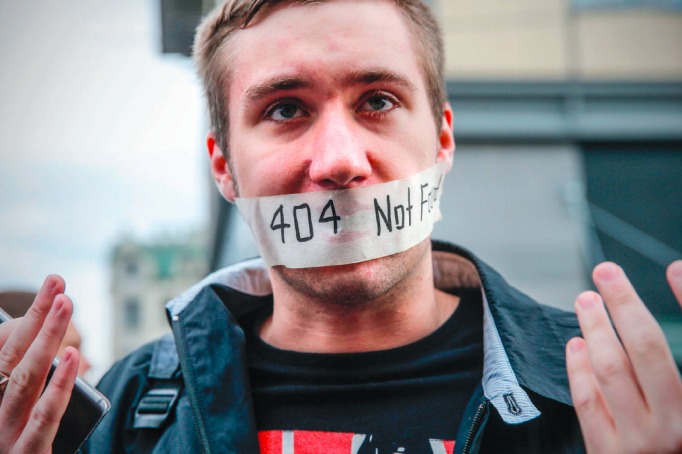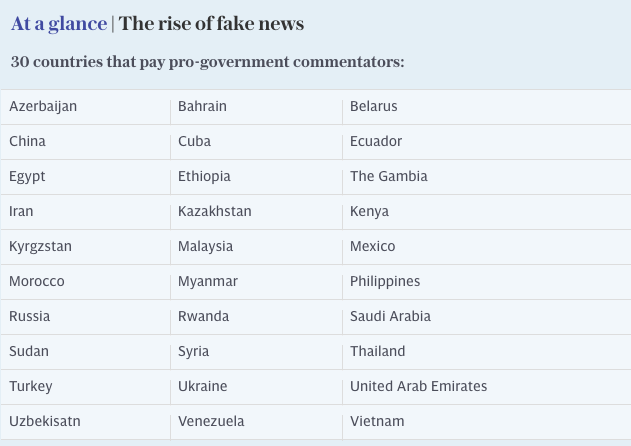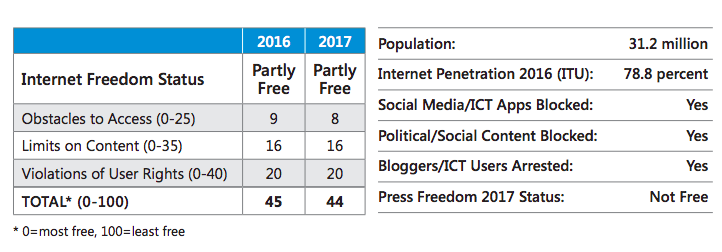Malaysia Is One Of The 30 Countries That Pay Cybertroopers To Control Online Discussions
Up from 23 the previous year.
65 countries around the world have been studied to see if their governments have used some kind of manipulation tactic to control the flow of information on the Internet
The annual 'Freedom on the Net' report by US-based freedom of speech watchdog, Freedom House, investigates how countries have used disinformation tactics to distort the digital landscape in their favour, among other factors, to assess Internet freedom around the world.
The five disinformation tactics are: paid government commentators, pro-government media and propaganda, political bots, fake news around elections, and hijacked accounts.
Findings from the studied revealed that 15 of countries did not use any manipulation tactic, namely: Bangladesh, Canada, Estonia, Georgia, Iceland, India, Japan, Nigeria, Singapore, South Africa, Sri Lanka, Sudan, Tunisia, Uganda, and Zimbabwe.
According to the study, Malaysia is one of the 30 countries that have been found to employ "keyboard armies" or cybertroopers, to spread propaganda and attack critics
The number of countries has increased to 30, a new high, and up from 23 the previous year.
"In these countries, there are credible reports that the government employs staff or pays contractors to manipulate online discussions without making the sponsored nature of the content explicit," the report read.
As per the Freedom on the Net report, these pro-government commentators have been tasked to achieve the following:
1. feigning grassroots support for the government (also known as "astroturfing"),
2. smearing government opponents, and,
3. moving online conversations away from controversial topics.
The authors of the report reached these conclusions after analysing data collected largely through investigative reporting, leaked government documents, and academic research.
Here are some of the key findings on Malaysia from the report:
2. The authorities continue to exercise censorship as the ruling government continues to block several popular news sites and blogs in relation to corruption reporting implicating Prime Minister Datuk Seri Najib Tun Razak. The blocks started in 2015 and 2016 and although no new blocks were reported during the period of study, those that have been previously blocked remained inaccessible in 2017.
3. The report also stated that "both government and opposition figures are known to pay online commentators or cybertroopers to generate favourable content and denigrate their opponents."
4. Under the segment on 'violation of user rights', the report cited cases in which social media users, civil society activists, and politicians, were investigated and charged for comments made online.
5. Privacy protections has been said to be "generally poor" but it was acknowledged that the extent of government surveillance of ICT content is not known.
You can view the study on Malaysia here or the full report by Freedom House here.


